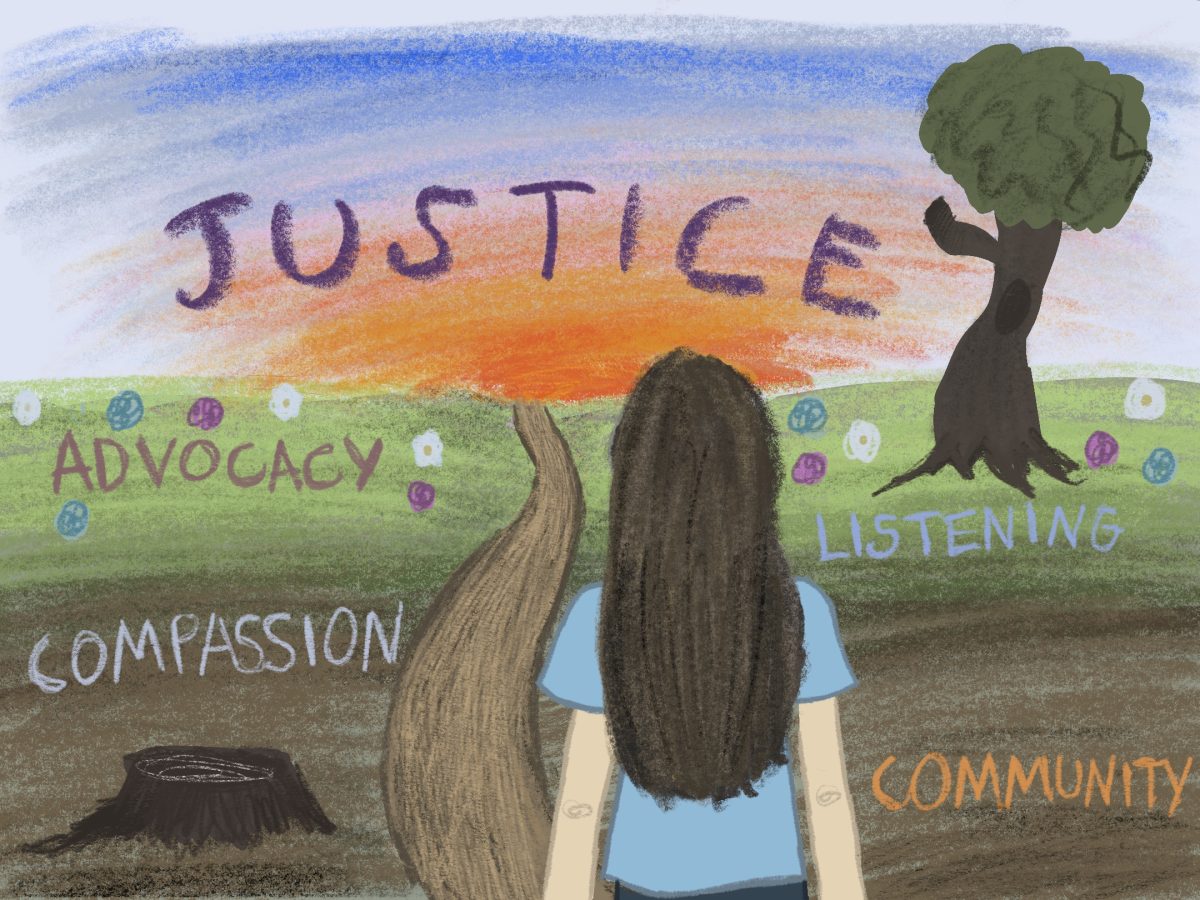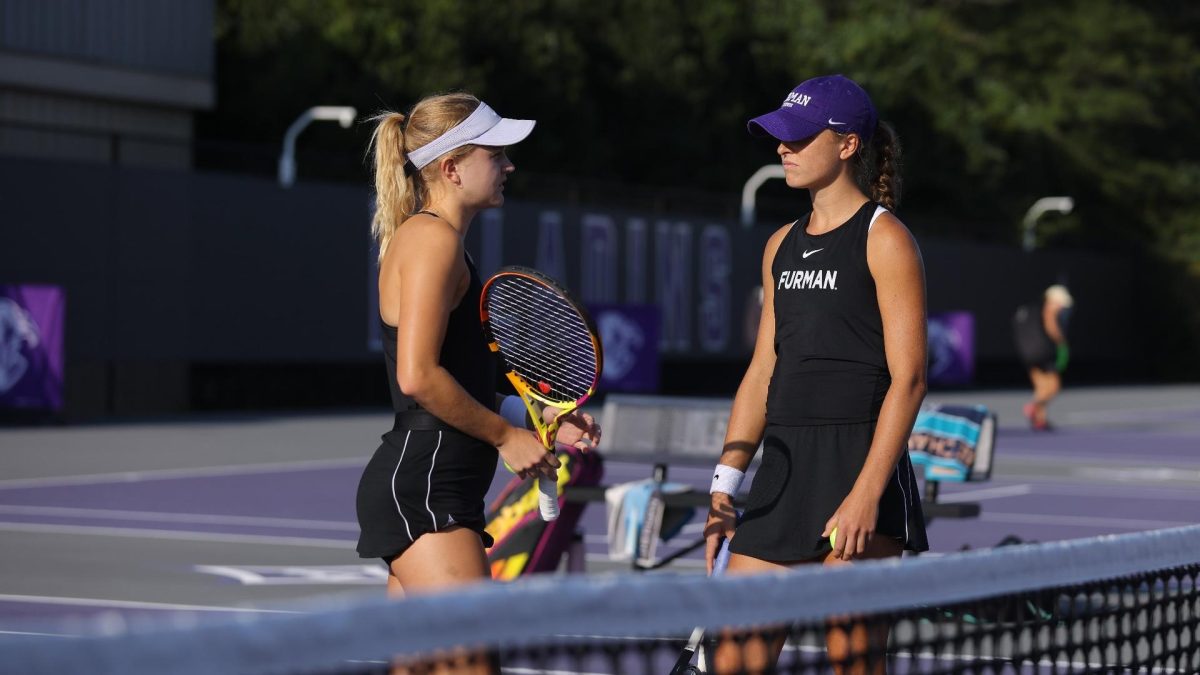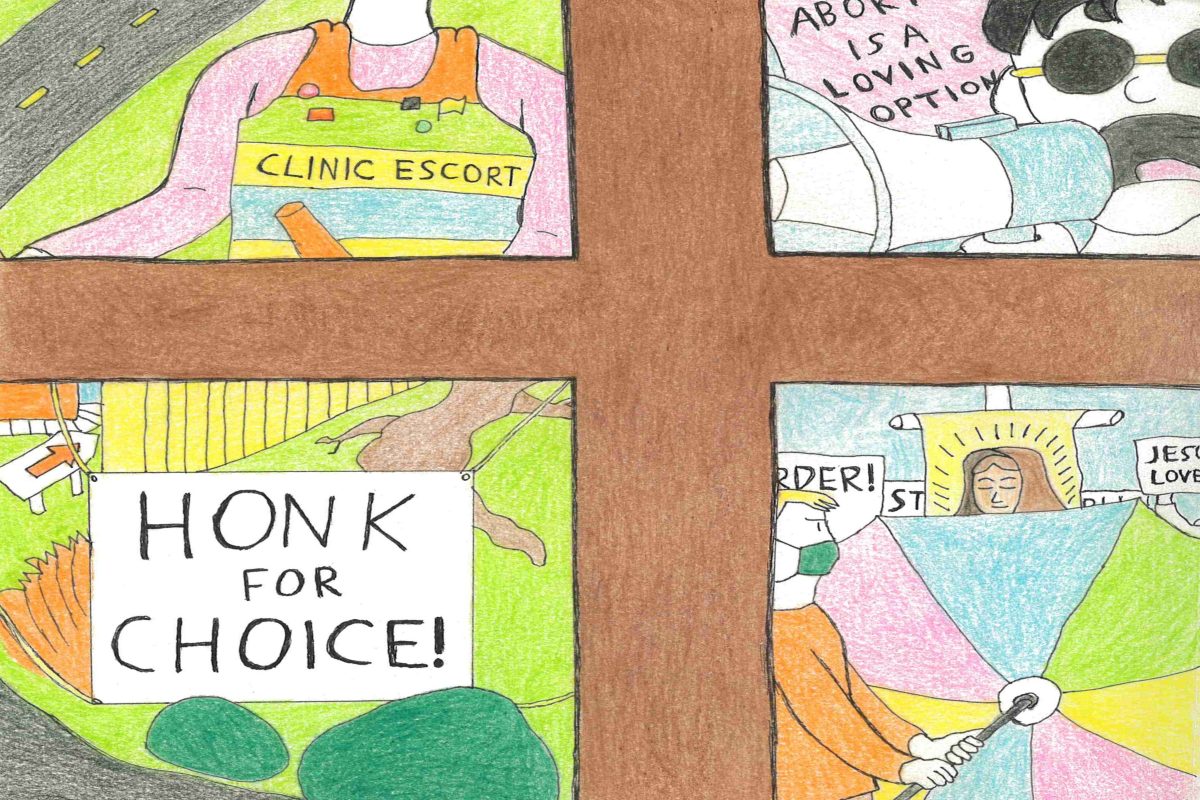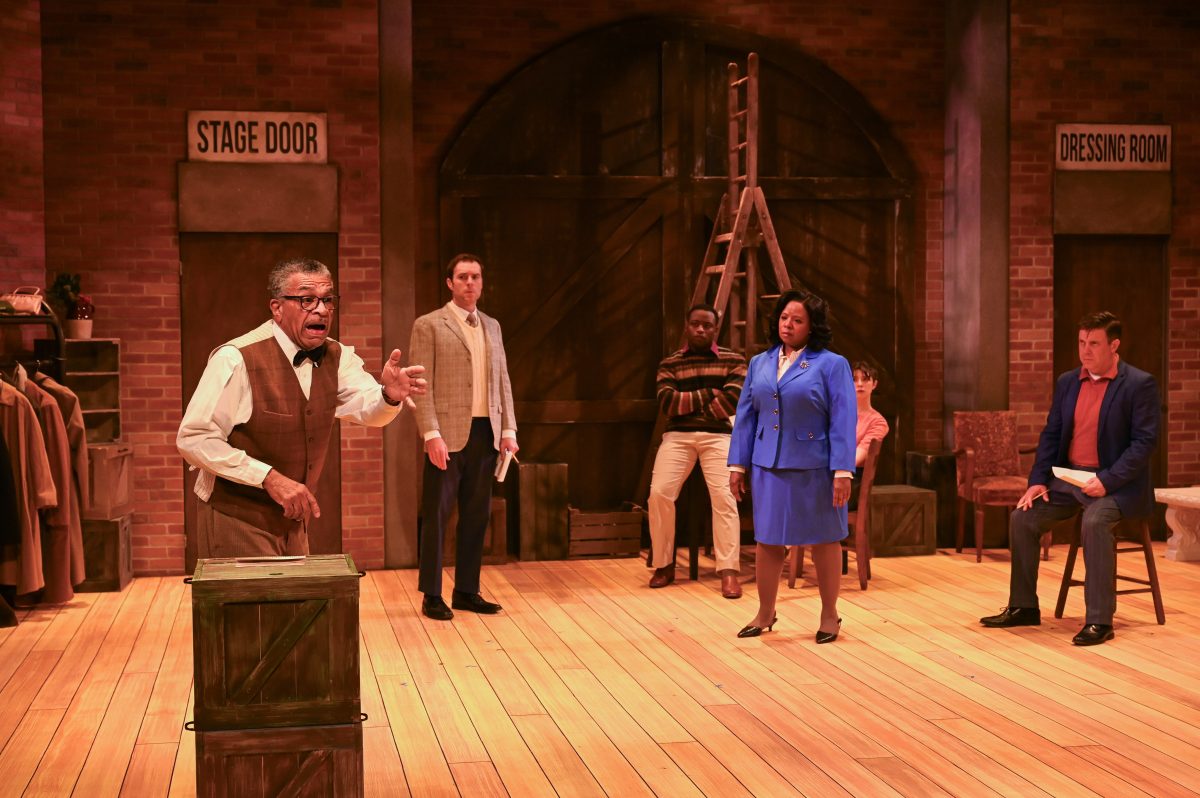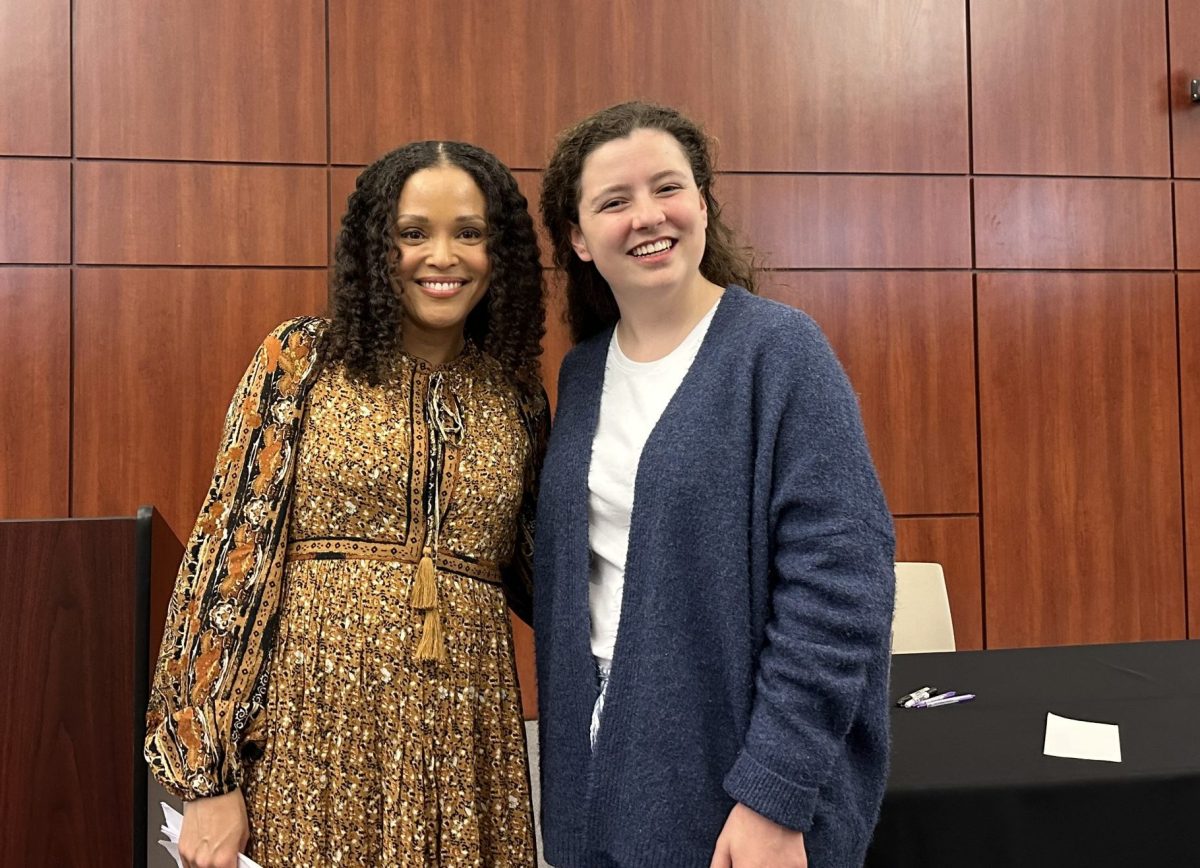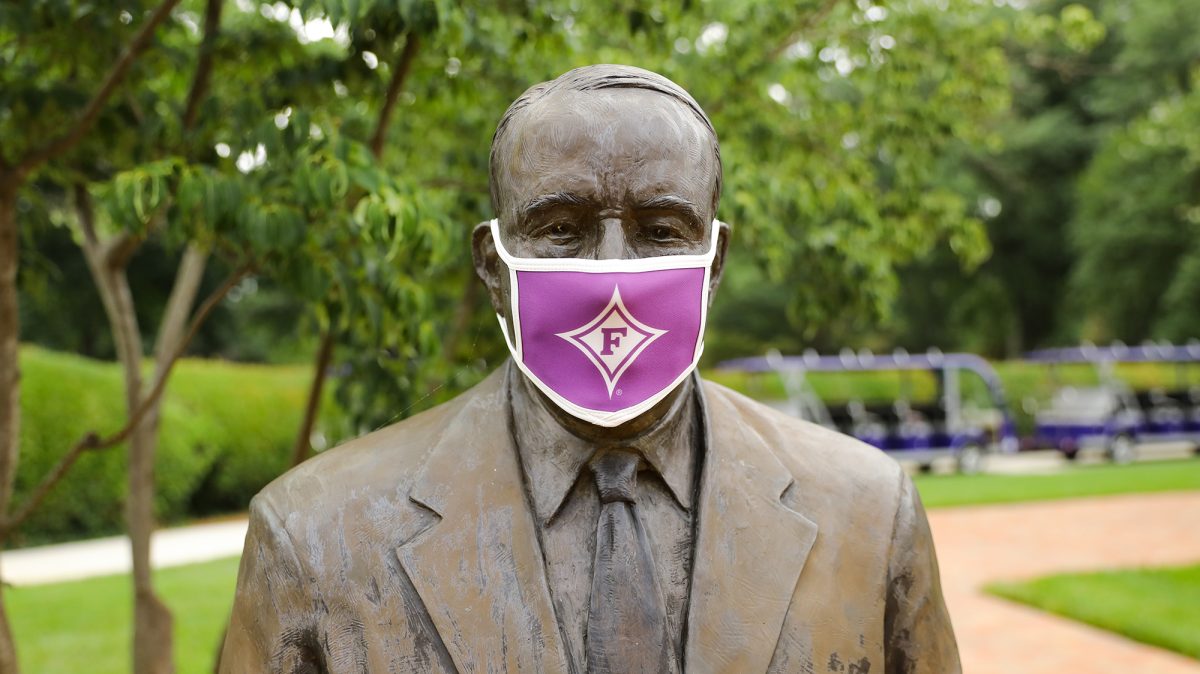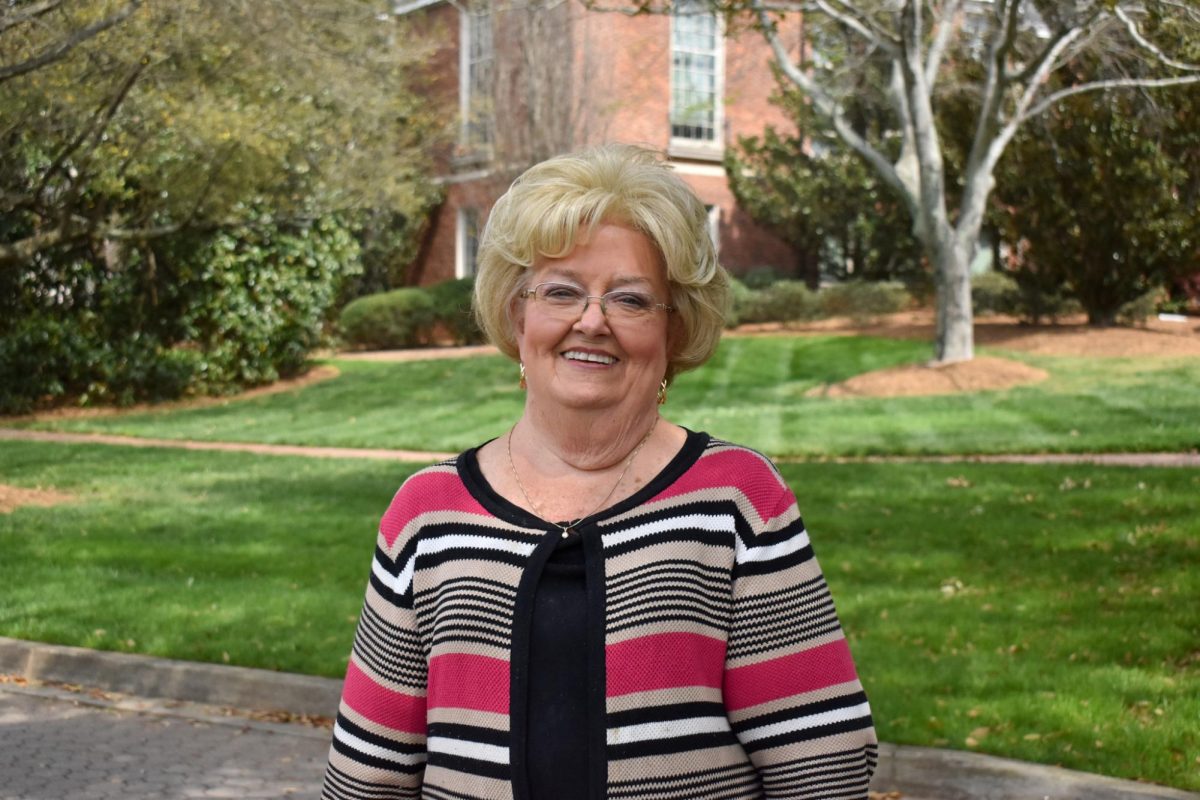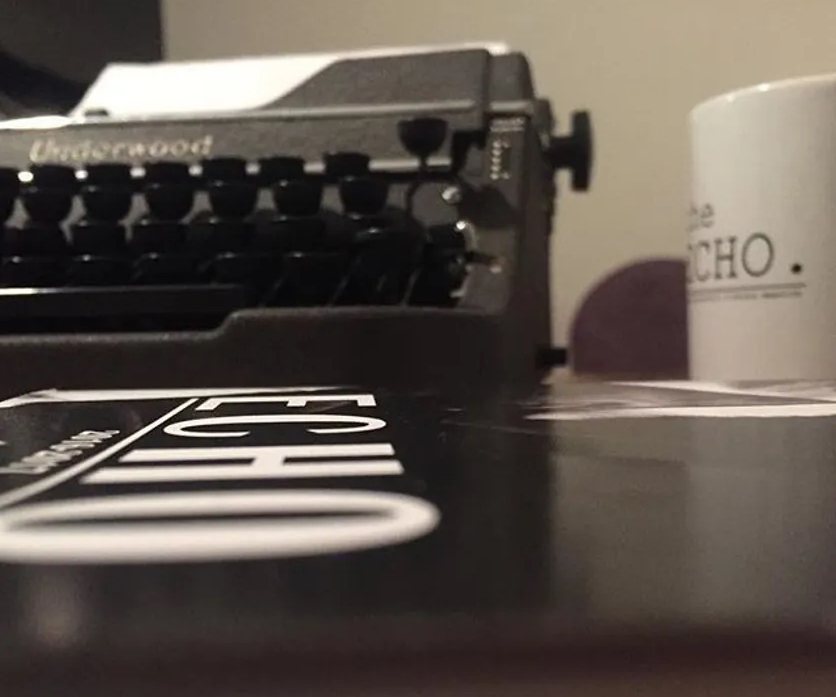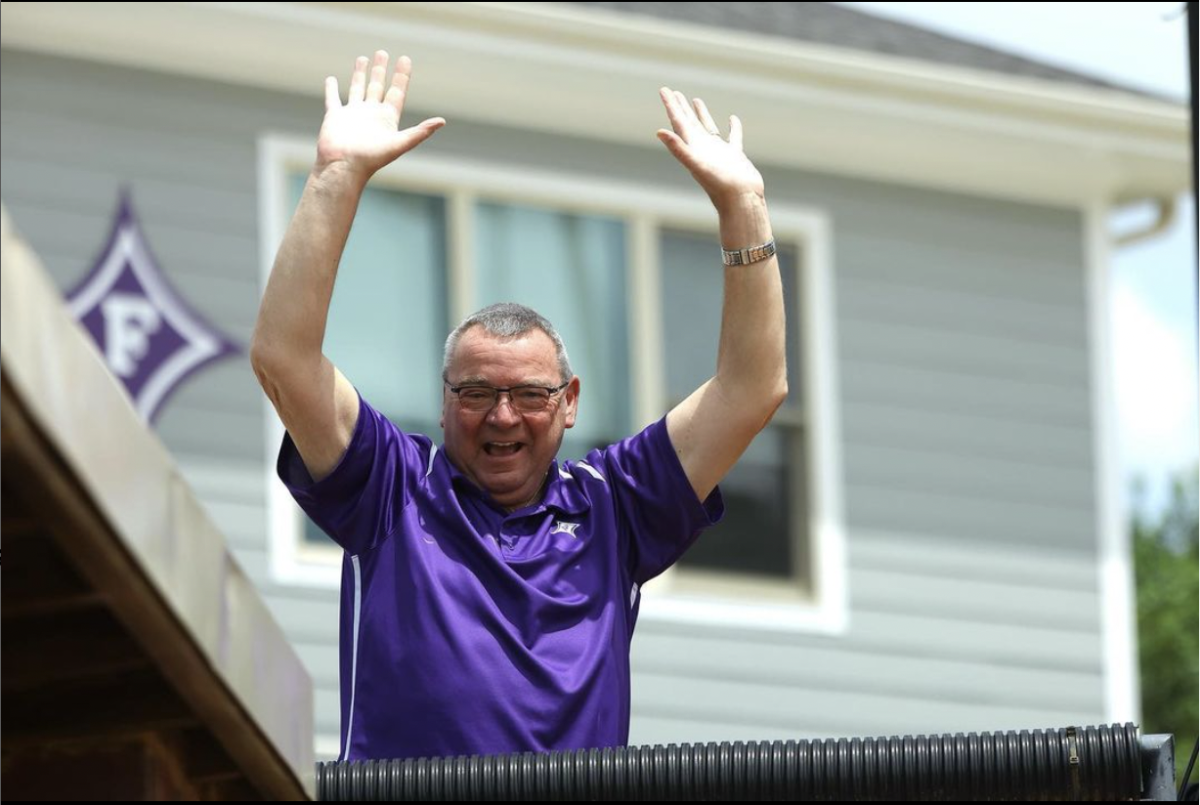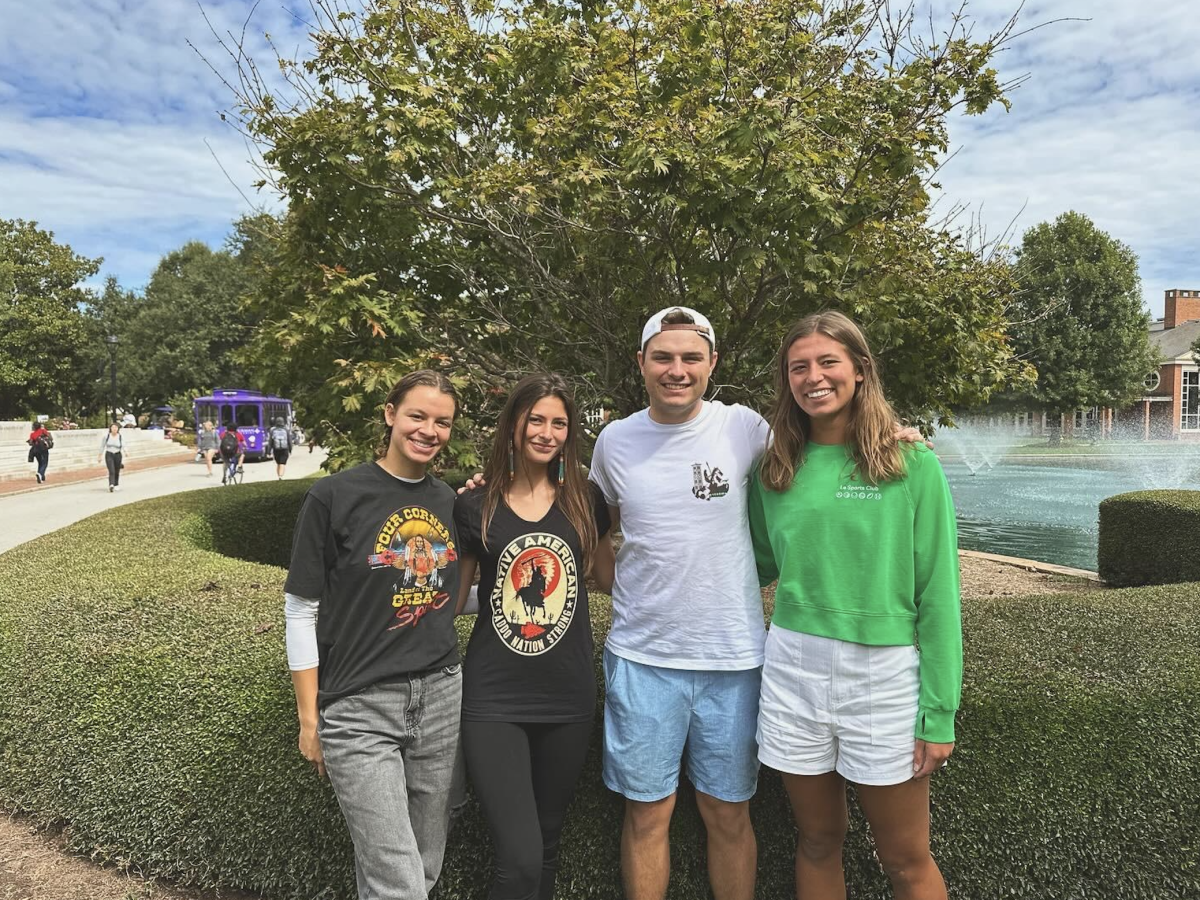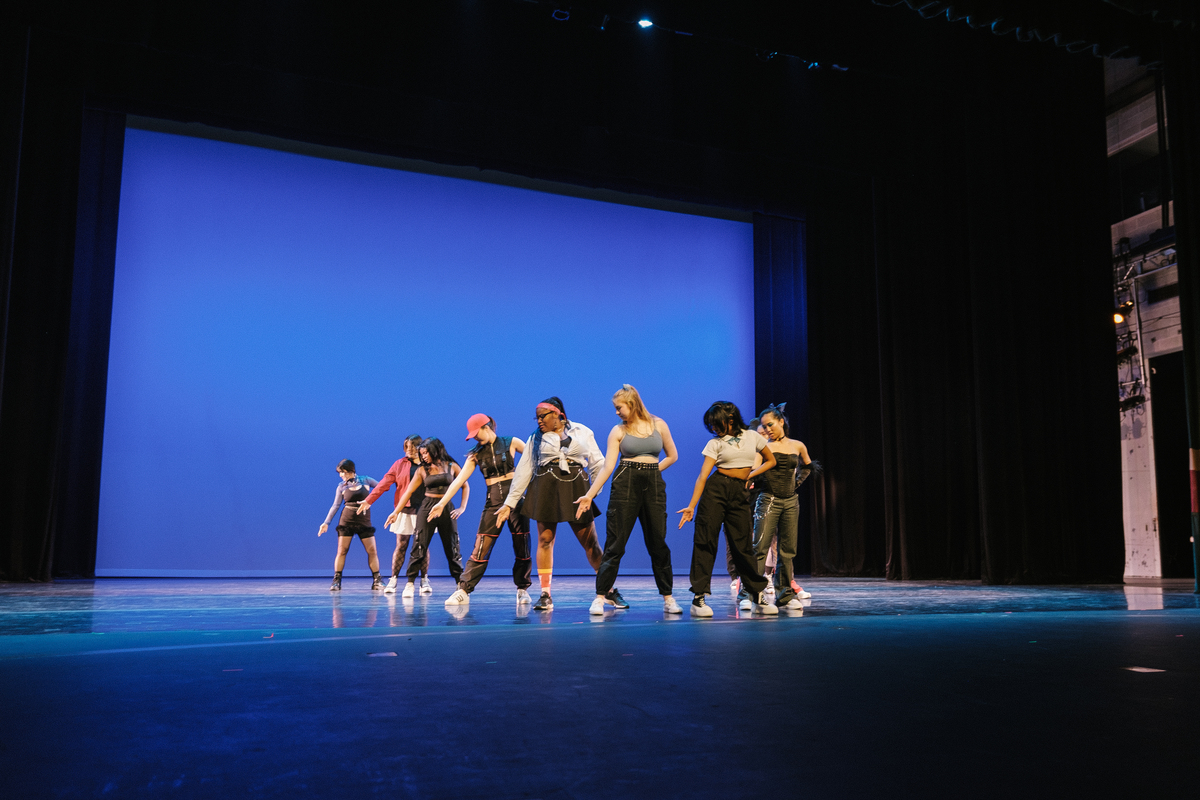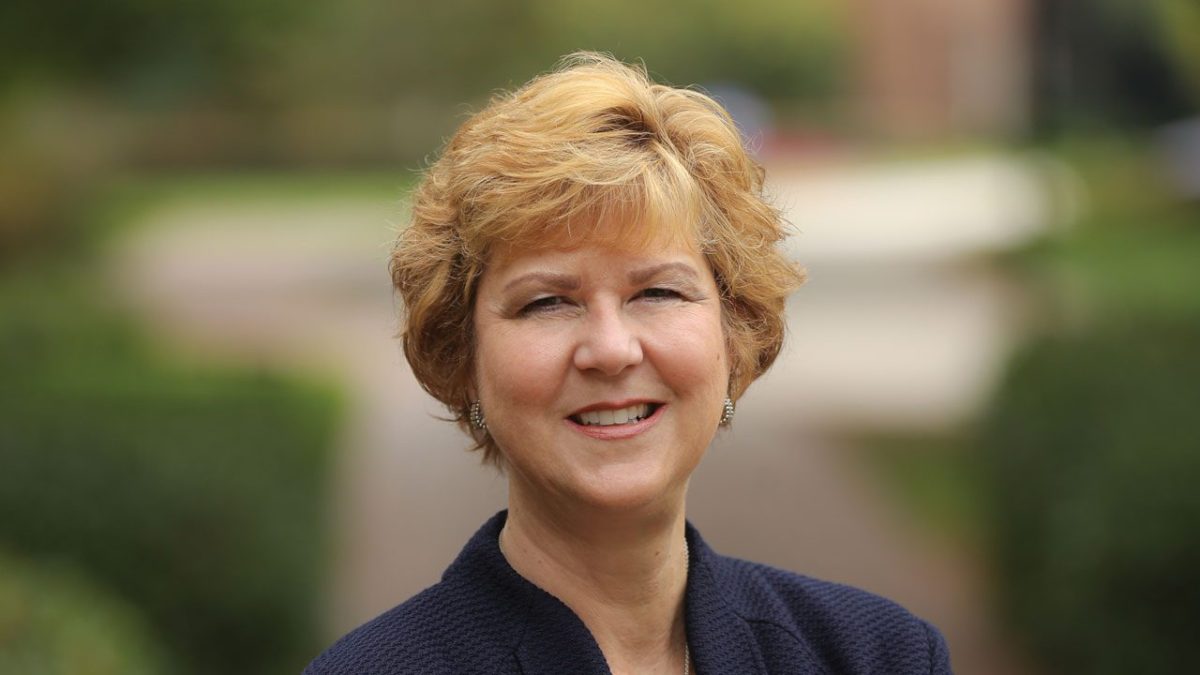How many times have you heard the phrase, “communication is key,” in your personal, social, academic life? Communication – whether that be talking, body language, or a simple look — is a driving force of human interaction. It is how professors notify us about updates and deadlines, how our friends express how they feel, how we make plans with family. The way in which we converse is essential in any academic discipline, from the sciences to the arts. So, I think it is safe to say, communication is, in fact, key.
A fundamental component of life is human interaction; it is how we let out bottled-up feelings and how we cope with the stress of everyday life. Just think about all the ways you communicate with others – and this doesn’t have to mean verbally. The student body, faculty, staff, and the greater Greenville community constantly communicate with each other. After all, it is how we stand up for our beliefs and how we make our voice heard. Especially as Furman students, communication is how we challenge the ideas of others and how we ultimately build a stronger community and fight for change – but what happens when this pillar of our community comes with faults?
On January. 20, Furman students voiced their opinions. Student Government Association (SGA) held a community dialogue called “Covid and the Classroom, an event attended by students, faculty, and administrators. The goal of the Community Dialogue was to discuss Furman’s current virtual attendance policy. As the policy stands, a virtual option is not guaranteed to students facing an absence from the classroom. After an outcry of student concern and disagreement with this policy, the “Covid and the Classroom” Community Dialogue aimed to create a safe space for these three groups to come together and communicate.
After the conservation concluded, I think this event stood as a shining example of successful communication on Furman’s campus. This forum allowed multiple perspectives and multiple points of view to speak and listen to one another in hopes to seek solutions. From the student side, a majority of participants feared a health crisis or Covid exposure could put them behind in classes. Several students shared personal stories to illustrate their bad experiences with professors. A majority of the students in the room, many preferring an in-person option, were in favor of a zoom option for excused absences. Although there is no substitute for in-person learning, zoom is the next best option for students in isolation, quarantine, or facing other emergencies that take them away from the classroom. Through the student dialogue, many students expressed the desire to learn and be present. They felt the lack of zoom options could hinder their academic goals. For many students, it originally seemed zoom was the right path for alternative attendance.
After students had the opportunity to speak, faculty and administration expressed their points of view. Many faculty feared that having one student on zoom while the majority of the class was in person would impact the classroom experience for all students. Small group discussions, for instance, would be more difficult and the student(s) on zoom may feel out of place. In addition, some lessons do not lend themselves to an online option such as lab work. The most impacting point made, however, was the safety and the security of their classrooms. Several professors commented on sensitive topics, such as violence or Critical Race Theory, covered in class. Many expressed worry that a recorded lecture would negatively impact the quality of dialogue in such delicate discussions Finally, a number of the faculty who attended expressed concerns over professional safety. In this digital age, professors’ lectures are at risk of being edited and posted online – and out of context. Doctored sound bites on a lecture on sensitive material could be taken out of context and put the professor’s professional life at risk. That said, many professors made it clear that they were willing to work with students on an individual basis.
Both students and faculty walked away from this conversation with new understandings of the other’s concerns. Before this dialogue, many students saw zoom as the only way forward. However, that is certainly not the solution both faculty, administration and the students approved of after the conversation. Students recognized that faculty members are willing to offer additional accommodations to students who need to be away from the classroom. On the other side, the faculty recognized that students feared potential isolation and worried about a potential impact that would hinder their academic performance. To put it simply, all students want from their professors is structure, reasoning, and approachability. Several of the faculty didn’t realize that students may not feel comfortable conversing with professors about personal issues. At the end of the day, everyone gained a deeper understanding that during these uncertain COVID times, zoom just isn’t the solution. Instead, we seek an inclusive solution that fits all class settings. So, what was the proposed solution? It was that professors should offer the following: zoom, a recording, class notes, slides, or one-on-one meetings. All professors expressed willingness to work with students in a time of need. After the petition and dialogue, several professors either changed their virtual attendance policies or had an honest conversation with their classes about their policies.
This petition and dialogue were not misguided attempts to bring Zoom back into the classroom This was merely a starting point and an invitation to talk. All parties involved accepted this conservation as a way to listen and to understand each other’s unique points of view. I think all stakeholders came and left with a better understanding of each other. Community dialogues like this one stand to show the power of simply having a conservation with each other to build solutions that work for all.










